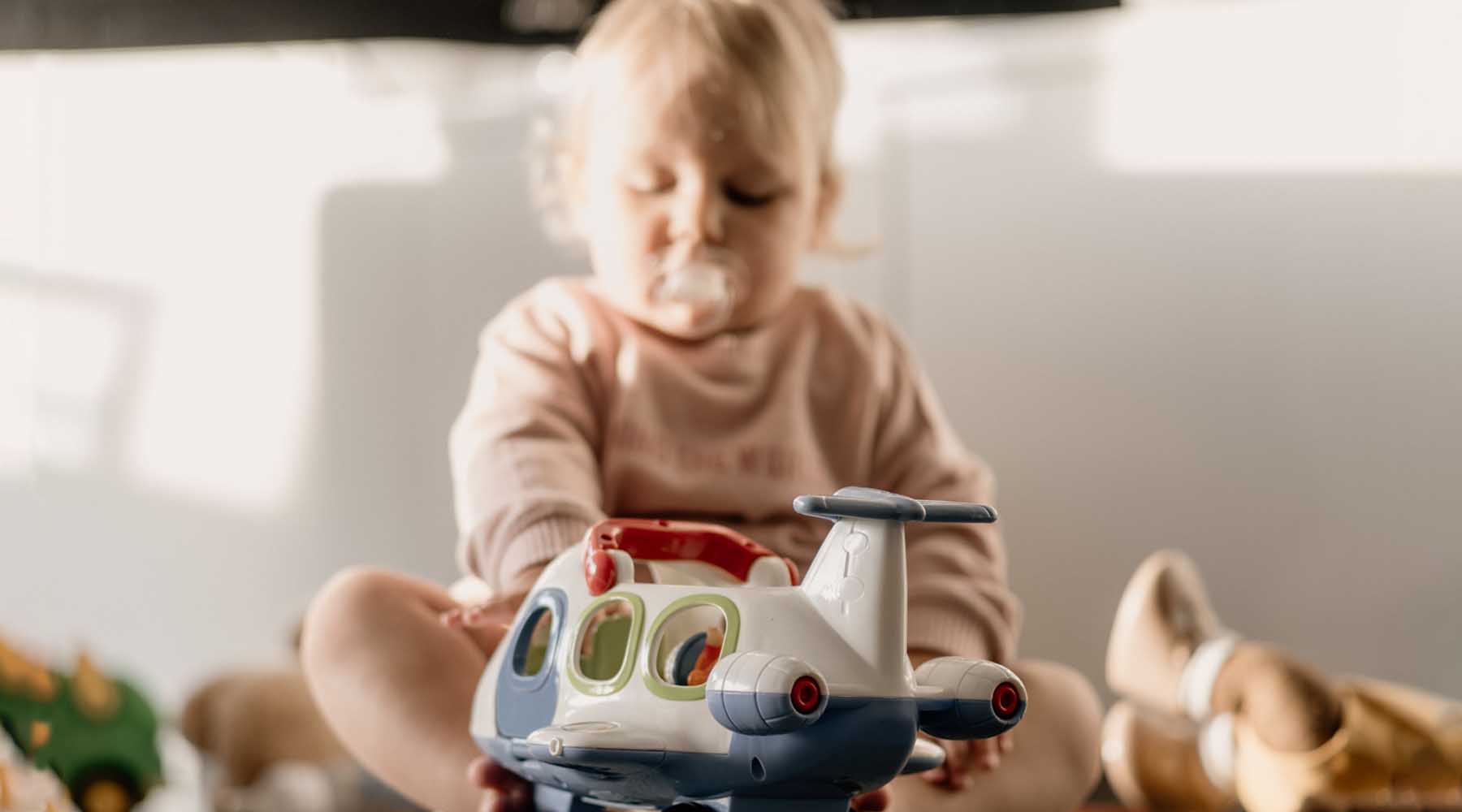As a new parent, figuring out your little one’s sleeping pattern can be challenging. But do not let this one challenge disrupt your peace of mind. For starters, newborns spend most of their day sleeping, but their sleep patterns can be erratic and unpredictable. It's essential to understand what to expect to help your baby develop healthy sleep habits and provide you with some much-needed rest.
Here are some things you should know about your newborn's sleep patterns:
Newborns typically sleep for around 16-17 hours a day, in stretches of 2-4 hours. It's essential to ensure that your baby is getting enough sleep, as sleep plays a vital role in their growth and development.
Newborns don't have a well-established circadian rhythm, which means they don't differentiate between day and night. As a result, your baby may be awake and alert during the night, and sleepy during the day. This can be challenging for new parents who are trying to establish a sleep routine.
Newborns have small stomachs, which means they need to eat frequently. It's normal for your baby to wake up every 2-4 hours for a feed, and this may disrupt their sleep patterns.
Newborns sleep in short bursts of 2-4 hours, and it's common for them to wake up frequently during the night. It's essential to be patient and understand that this is a normal part of their sleep pattern.
Around the three or four-month mark, your baby may experience sleep regression, which is a temporary phase where their sleep patterns may be disrupted. This can be due to growth spurts, teething, or other developmental changes.
Tips for helping your baby develop healthy sleep habits:
Establishing a consistent sleep routine can help your baby differentiate between day and night. This can include a regular bedtime, a calming bedtime routine, and a comfortable sleep environment.
A comfortable sleep environment can help your baby sleep better. This can include a comfortable mattress, a sleep sack, and a quiet and dark room.
It's essential to respond to your baby's needs, including feeding, changing, and comforting them. This can help them feel secure and develop healthy sleep habits.
It's important to be patient and understand that your baby's sleep patterns may take time to establish. It's normal for them to wake up frequently during the night, and it's essential to respond to their needs and be patient with them.
You’ve got this!




